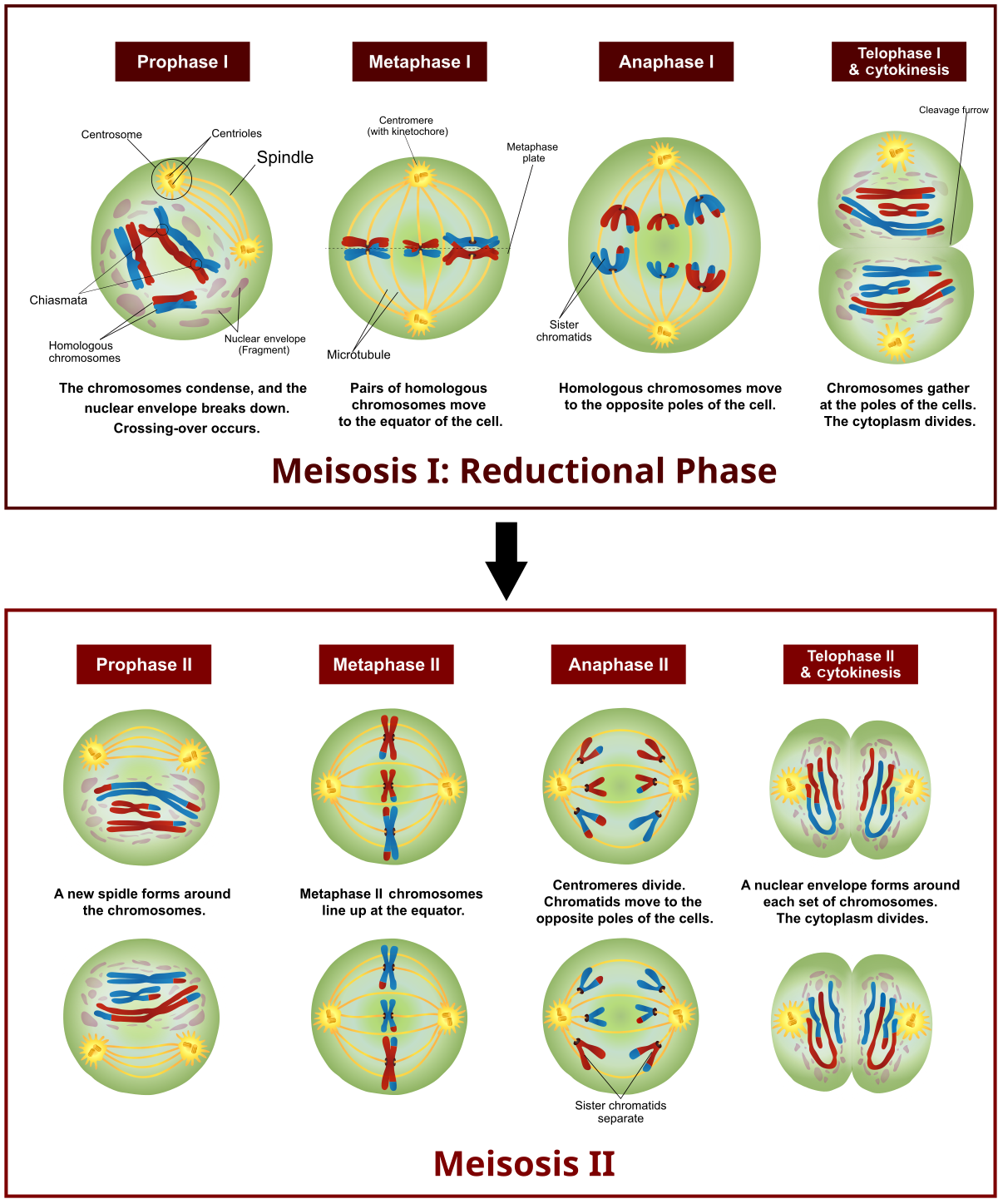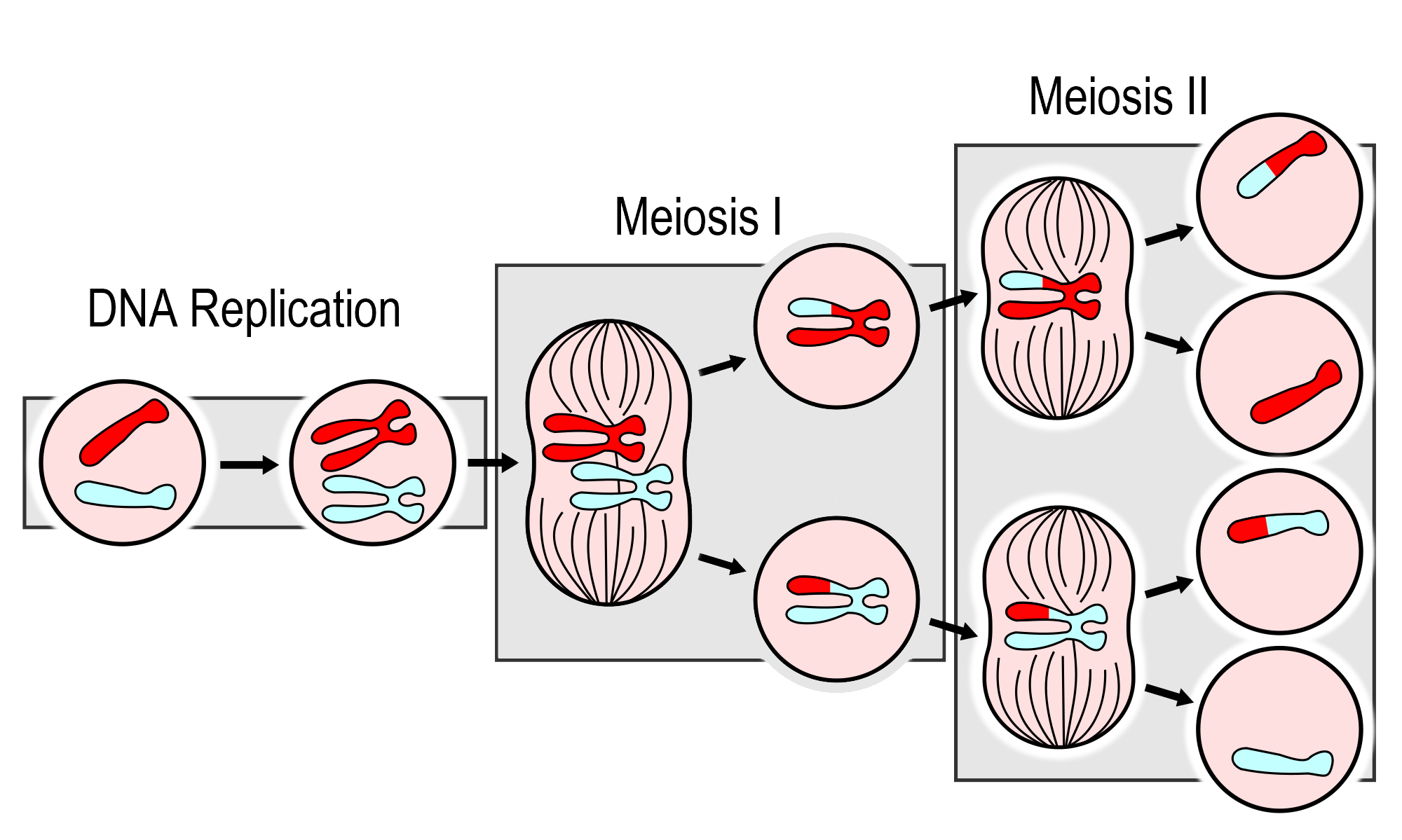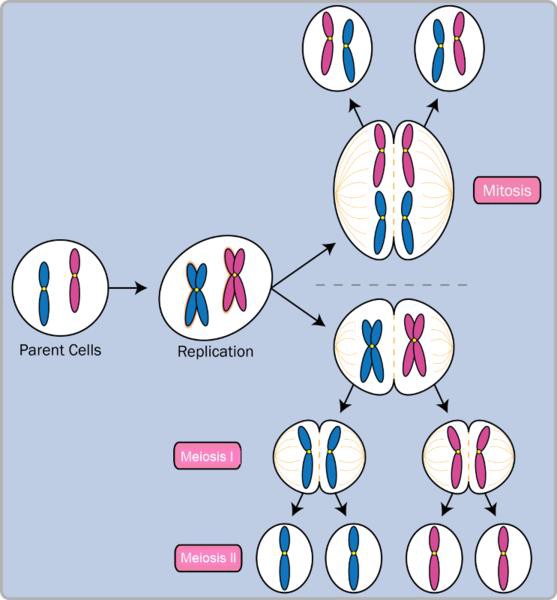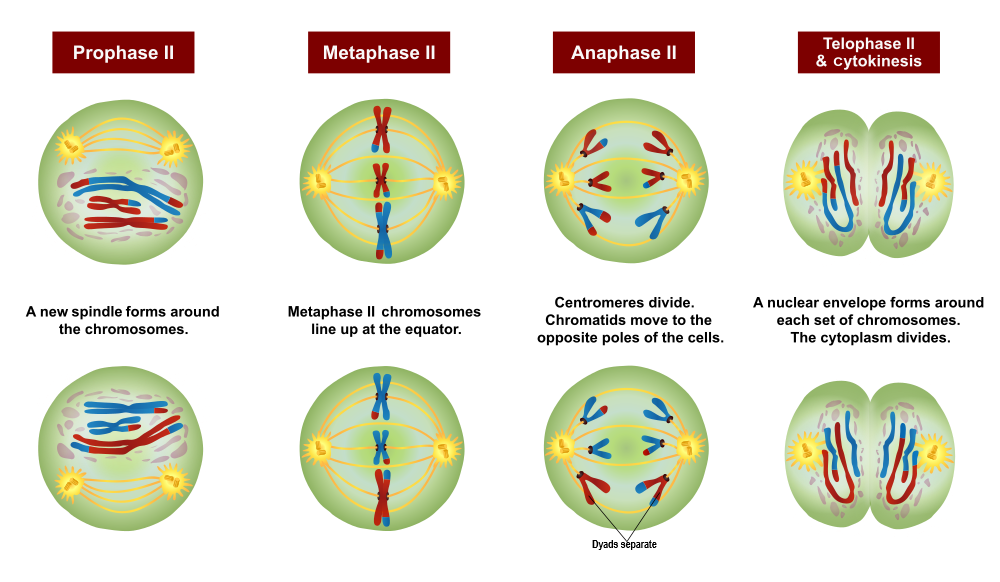During meiosis, a specialized cell called a germ cell splits to make four … Whether it is a single-cell organism or a multicellular one. Meiosis vs mitosis cells are the building blocks of life. What is meiosis? Meiosis is called reductional division because number of chromosomes and amount of dna in daughter cells is reduced to half than that of parent cell. It is a specialized form of cell division process in which a single cell divided twice to form four daughter cells that possess exactly half the number of … The growth and reproduction of organisms happen via cell division. Further, the nuclear division processes of mitosis and … But to keep life going, cells must multiply, to heal or … The new cells are produced in eukaryotic cells. In meiosis diploid number of … Meiosis is the process by which sexually reproducing organisms make their sex cells, sperm and eggs.
Meiosis: Why You Look Like Your Parents (But Not Exactly!)
During meiosis, a specialized cell called a germ cell splits to make four … Whether it is a single-cell organism or a multicellular one. Meiosis...









